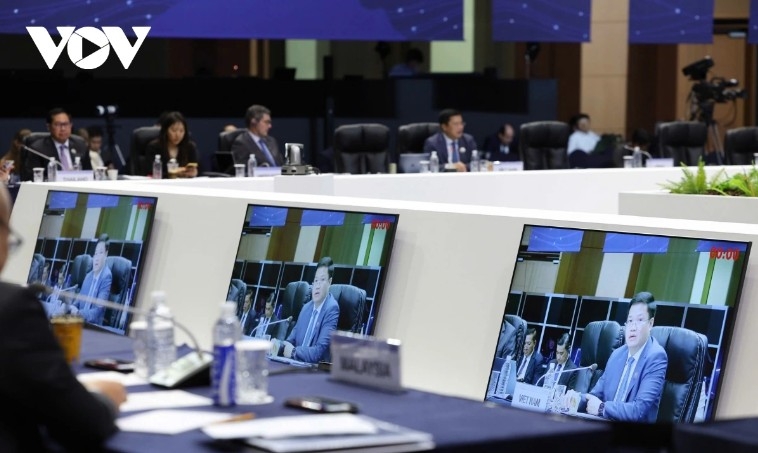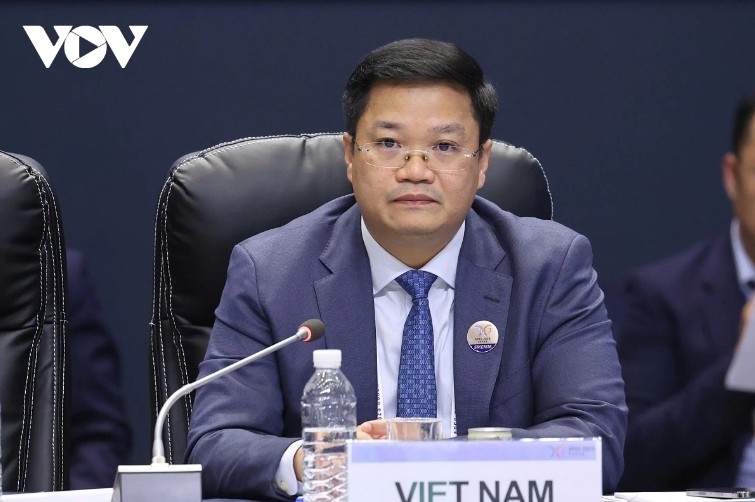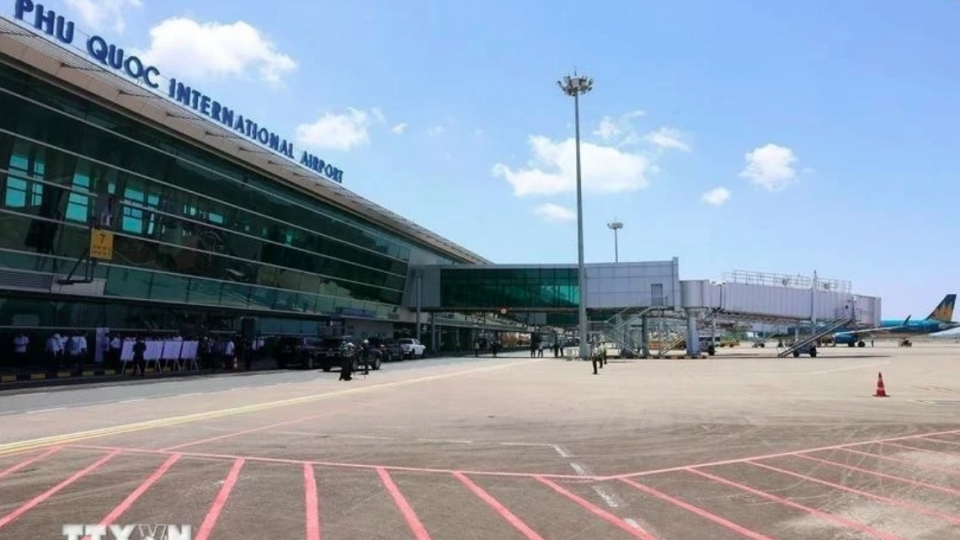Vietnam pursues digital, green economy and innovation at APEC 31
VOV.VN - Deputy Minister of Finance Nguyen Duc Tam has emphasized the role of small and medium-sized enterprises (SMEs), digital transformation, and green initiatives in promoting sustainable and inclusive growth across the APEC region.

The 31st APEC Small and Medium Enterprises (SME) Ministerial Meeting officially opened on Jeju Island, the Republic of Korea on September 5, with the participation of leaders from all 21 member economies.
A Vietnamese delegation, led by Deputy Minister of Finance Nguyen Duc Tam, delivered a key speech highlighting the role of innovation, the digital economy, and green transformation in driving sustainable and inclusive growth across the APEC region.
The meeting discussed solutions to enhance competitiveness, foster innovation, and build supportive ecosystems for SMEs, which are considered the “backbone” of the APEC economy, playing a vital role in job creation, sustainable development, and the equitable spread of prosperity.
Speaking at the plenary session, Deputy Minister Nguyen Duc Tam noted that the conference theme reflects shared concerns among APEC economies, as digital technology and global uncertainties pose new challenges for SMEs. Micro, small, and medium-sized businesses are key drivers of sustainable and inclusive growth. Vietnam identifies the digital economy and sustainable development as essential engines of growth. To realize these objectives, Vietnam has issued several key policies, including Resolution No.57 on the development of science and technology, innovation, and digital transformation, and Resolution No.68 recognizing the private economic sector as a pioneer in technology development, green transformation, and the circular economy.

To support the sustainable development of SMEs, Deputy Minister Nguyen Duc Tam proposed four priority solutions:
First, improving the institutional and policy framework to encourage businesses to adopt technology, advance digital and green transformation. This provides a transparent and fair legal environment that safeguards the legitimate rights of businesses and investors. Administrative reform and simplification of licensing procedures, combined with tax, land, and financial incentives, will incentivize companies to innovate business models and participate more actively in high-tech and knowledge-intensive sectors.
Second, expanding preferential credit access to enable businesses to finance digital technology projects, renewable energy, and circular business models. Green and digital transformation credit packages, combined with state-backed credit guarantees, will reduce financial pressures, particularly for SMEs. At the same time, mobilizing capital from venture funds, international financial organizations, and partner support programs will provide diversified and sustainable financing channels for Vietnamese enterprises.
Third, focusing on developing high-quality human resources and building networks of consulting experts to support enterprises in strategic planning, green technology adoption, and environmental-social impact assessment. This approach not only strengthens managerial capacity but also equips businesses to meet increasingly stringent international standards.
Combining on-site training with cooperation among universities, research institutes, and foreign enterprises will cultivate a workforce skilled in digital technology and modern production processes, helping companies increase productivity, reduce emissions, and enhance global competitiveness.
Fourth, carrying out a program to develop at least 1,000 pioneering enterprises in science and technology, innovation, supporting industries, and high-tech sectors. These enterprises will serve as a core force, leading digital transformation and green development while spreading sustainable development models throughout the business community.
Pioneering enterprises will benefit from special mechanisms regarding capital, land, and tax incentives, as well as support in brand building and international market connection. This will create a network of leading enterprises capable of boosting and supporting Vietnam’s startup and innovation ecosystem.
“Vietnam is confident and ready to cooperate closely with APEC economies to implement policies aimed at supporting the sustainable development of SMEs as a contribution to growth and common prosperity in the region,” Deputy Minister Nguyen Duc Tam stressed, adding that only through close, unified cooperation among member economies can the region generate strong momentum to overcome current challenges.



